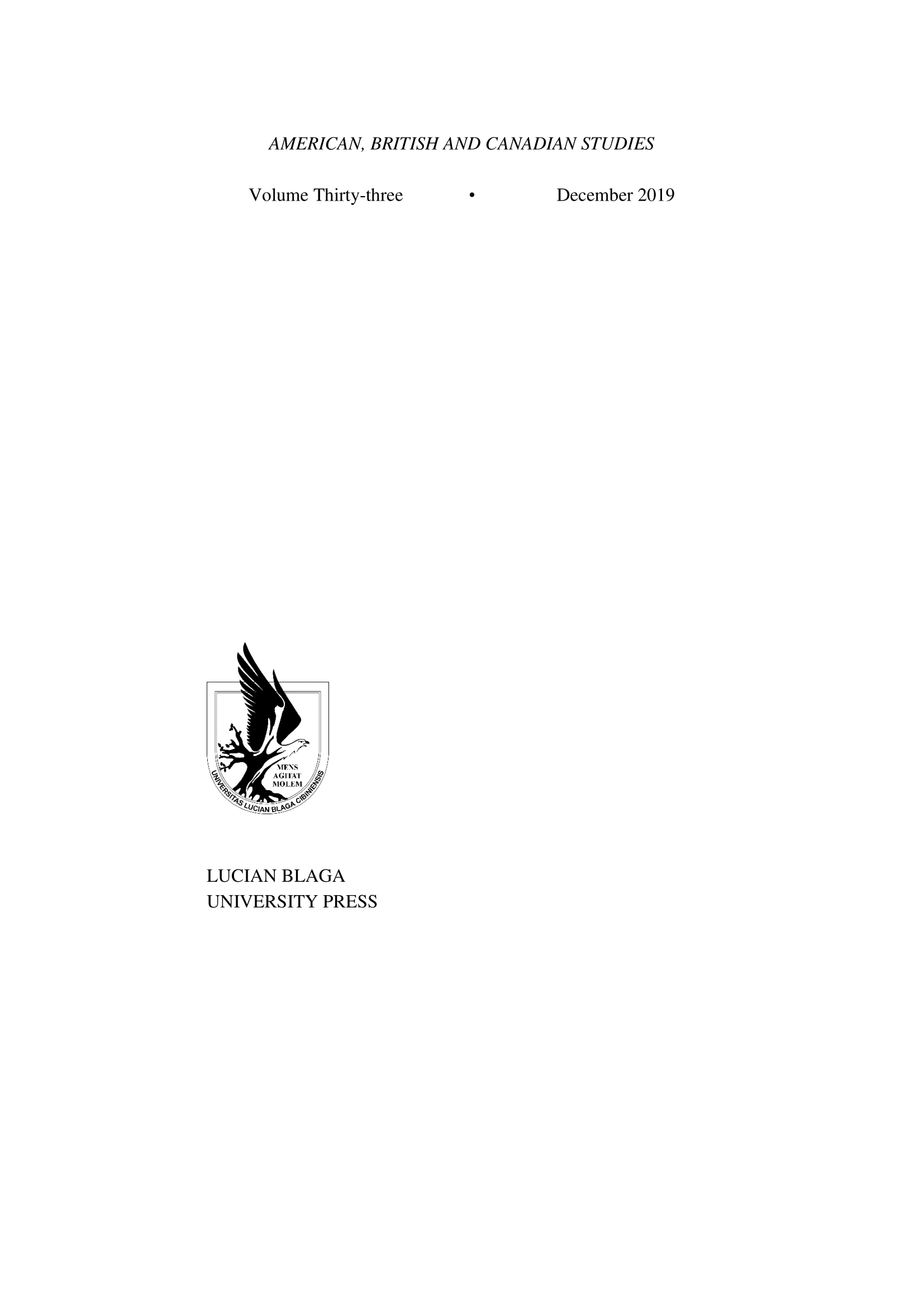How the Booker Prize Won the Prize
How the Booker Prize Won the Prize
Author(s): Merritt MoseleySubject(s): Language and Literature Studies, Literary Texts
Published by: Editura Universitatii LUCIAN BLAGA din Sibiu
Keywords: Booker Prize; scandal; shortlist; popular novel; literary novel; Martyn Goff; American; Orange Prize; publicity; product placement;
Summary/Abstract: This article shows that the Booker Prize for fiction, which is neither the oldest nor the richest award given for novels in English, is nevertheless widely conceded to be the pre-eminent recognition. Sometimes it is called the "most significant"; sometimes the "most famous"; ultimately these two qualities are inseparable. I canvass some of the explanations for the Booker's position as top prize and argue that the most important reasons are Publicity, Flexibility, and Product Placement. The Booker has managed its public image skillfully; among the devices that assure its continued celebrity is the acceptance, almost the courting, of scandal. Flexibility is partly a function of the practice of naming five new judges each year, but the Booker has also been responsive to challenges, including the recognition that it paid too little attention to female authors. The decision to admit American books into the competition was a sign of flexibility, as it was a guarantee of scandal. And the Booker has followed a path of "product placement" that positions it accurately between demands for high art and for "readability," as examination of several periods in its history demonstrate.
Journal: American, British and Canadian Studies
- Issue Year: 2019
- Issue No: 33
- Page Range: 206-221
- Page Count: 16
- Language: English
- Content File-PDF

